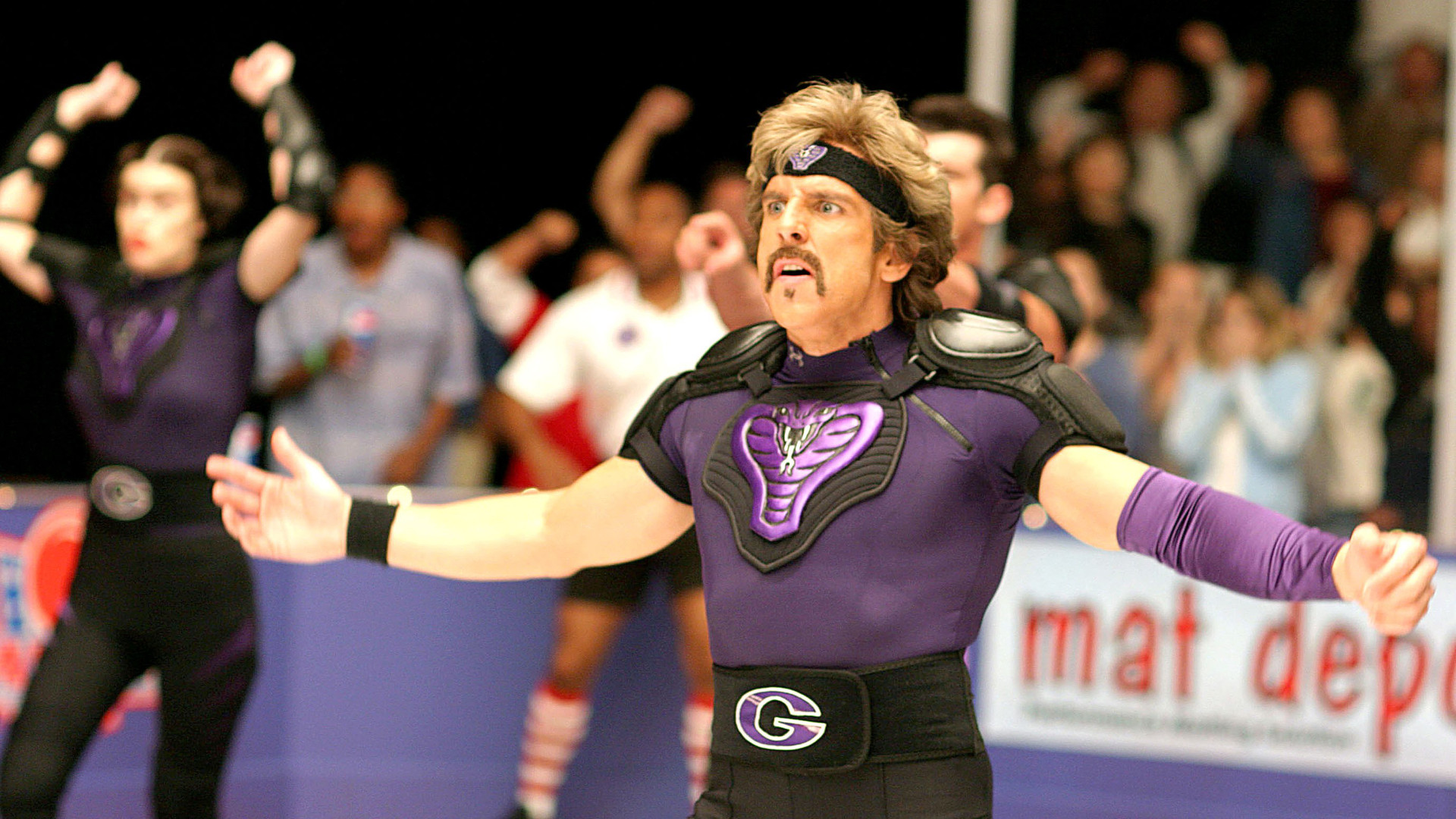The Week in Movie News: Here's What You Need to Know
Need a quick recap on the past week in movie news? Here are the highlights:
BIG NEWS
Jennifer Lawrence, Michael Fassbender and James McAvoy Are Still X-Men: If you were worried the core trio of Jennifer Lawrence, Michael Fassbender and James McAvoy were quitting the X-Men franchise, you’ll be happy to learn they’ve signed on for X-Men: Dark Phoenix, due next year. Also, Jessica Chastain is in talks to play the villain. Read more here.

GREAT NEWS
Ethan Hunt’s Wife Returns: If you were worried the Mission: Impossible movies forgot Tom Cruise’s Ethan Hunt was married in part three, since she wasn’t in Mission: Impossible: Rogue Nation, then you’ll be happy to learn Michelle Monaghan is back for the next installment, due next summer. Read more here.

STRANGE NEWS
It Comes At Night Has a Connection to The Witch: Besides sharing a distributor in A24, the new horror movie It Comes At Night has been revealed to have another cool connection to The Witch: a certain increasingly iconic goat. Read more here.

EXCLUSIVE SCOOP
Colin Trevorrow On How Personal His Star Wars Sequel Will Be: We talked to filmmaker Colin Trevorrow about his new movie The Book of Henry and his next one, a little something called Star Wars IX. Read more here.

COOL CULTURE
Ben Stiller and Vince Vaughn Play More Dodgeball: In support of Ben Stiller’s charity, the actor was joined by Vince Vaughn, Justin Long and others from the comedy Dodgeball for a sort of in-character follow-up. See what might be the closest thing we get to a Dodgeball 2 below via Omaze.
[embedded content]

MUST-WATCH TRAILERS
Flatliners is Going to Be Very Timely: Not only did we get our first look at the new Flatliners, we also talked to producer Michael Douglas and actress Nina Dobrev about how this one is going to be different and modern it is. Read more here, and watch the trailer here:
[embedded content]

Daddy’s Home 2 Promises to Be Funnier Than the First One: Will Ferrell and Mark Wahlberg are back for a sequel to their hit comedy Daddy’s Home, and this time John Lithgow and Mel Gibson are on board for the paternal fun. Check out more info on the movie here and watch the first full trailer below.
[embedded content]

Detroit Has Us Gearing Up: The new historical drama from Oscar winner Kathryn Bigelow (The Hurt Locker, Zero Dark Thirty) looks intense and is probably another contender for Best Picture. Check out the new trailer for the movie here:
[embedded content]


